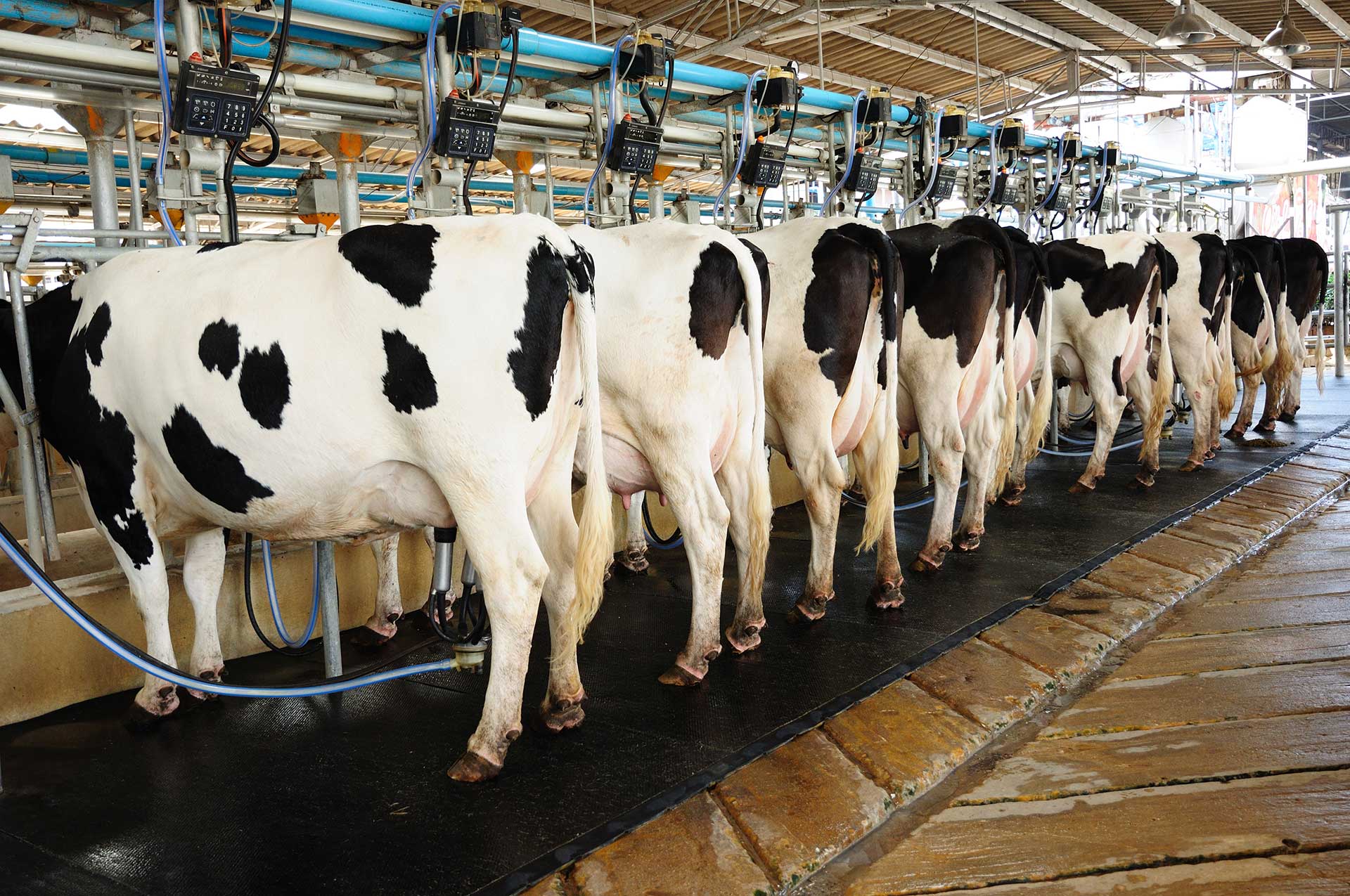Staphylococcus aureus Testing in Dairy Products
The presence of Staphylococcus aureus (S. aureus) in dairy products can lead to significant quality and safety concerns, impacting both the reputation of producers and consumer trust. This bacterium is a major cause of foodborne illness and can contaminate milk and dairy products through various means, including poor hygiene practices during milking, contaminated equipment, or improper handling.
Testing for S. aureus in dairy products is not only essential for meeting regulatory requirements but also for ensuring the safety and quality of the final product. Regulatory standards such as ISO 16865-3:2017 provide guidance on methods to detect this bacterium, and compliance with these standards ensures that producers can meet both national and international market demands.
The testing process involves several critical steps:
- Sampling of the dairy product
- Preparation and enrichment of samples in a suitable medium (e.g., Baird-Parker agar)
- Incubation under controlled conditions to allow for bacterial growth
- Identification of colonies using biochemical methods or molecular techniques such as PCR
- Confirmation through additional testing if necessary
The primary goal is to detect the presence of S. aureus at levels that could pose a risk to human health and quality issues for the product. This bacterium can produce toxins, leading to conditions like staphylococcal enterotoxemia in humans if consumed.
In recent years, advancements in molecular diagnostics have significantly improved the sensitivity and specificity of S. aureus detection. Techniques such as quantitative PCR (qPCR) allow for rapid identification and quantification of bacterial DNA, providing a more accurate assessment than traditional culture methods. This approach is particularly useful for early detection and intervention to prevent contamination from spreading.
The importance of this testing cannot be overstated. It helps producers maintain compliance with international standards such as ISO 16865-3:2017 and local regulations, ensuring that the products meet strict hygiene and safety criteria. For quality managers and R&D engineers, understanding these requirements is crucial for developing protocols that prevent contamination at every stage of production.
For compliance officers, the ability to consistently test for S. aureus ensures that dairy products are safe for consumption and free from potential risks. This testing also supports procurement teams in selecting suppliers who adhere to high standards of hygiene and quality control. By implementing robust testing protocols, producers can enhance consumer trust and maintain a positive brand image.
In conclusion, S. aureus testing is an integral part of maintaining the safety and quality of dairy products. It not only ensures compliance with regulatory standards but also supports the development of innovative practices that prevent contamination and improve overall product quality.
Benefits
The benefits of S. aureus testing in dairy products are multifaceted, encompassing both regulatory adherence and consumer safety:
- Regulatory Compliance: Ensures that producers meet international standards such as ISO 16865-3:2017 and local regulations.
- Consumer Trust: Maintains public confidence in the quality and safety of dairy products, enhancing brand reputation.
- Quality Control: Identifies potential contamination early, allowing for corrective actions to be taken promptly.
- Product Safety: Reduces the risk of foodborne illnesses by eliminating S. aureus-related contaminants from dairy products.
- Innovation Support: Facilitates the development and implementation of advanced testing methods, such as qPCR, for enhanced accuracy.
- Supplier Selection: Helps procurement teams identify suppliers who adhere to high standards of hygiene and quality control.
By integrating S. aureus testing into their operations, dairy producers can significantly enhance the safety and quality of their products, thereby protecting both consumers and their own brand reputation.
Quality and Reliability Assurance
The reliability and accuracy of S. aureus testing are paramount in ensuring that dairy products meet strict quality standards. Our laboratory employs state-of-the-art techniques and adheres to international standards such as ISO 16865-3:2017 to provide accurate and reliable test results.
We use advanced equipment like the BD BBL Crystal System for rapid detection of S. aureus. This system offers a combination of speed, sensitivity, and specificity that is crucial in ensuring timely intervention when contamination is detected. Our laboratory also utilizes qPCR technology to quantify the presence of S. aureus, providing precise data on bacterial load.
In addition to our technical capabilities, we maintain strict quality control measures throughout the testing process. This includes regular calibration and validation of equipment, as well as rigorous training for all staff involved in the testing procedures. Our laboratories are accredited according to ISO/IEC 17025:2017 standards, ensuring that every test conducted meets the highest industry benchmarks.
Our commitment to quality is reflected in our consistent results and adherence to international guidelines. By choosing us for your S. aureus testing needs, you can be assured of reliable and accurate data that will support your compliance efforts and enhance consumer trust in your products.
Customer Impact and Satisfaction
The impact of thorough S. aureus testing on customers is profound, extending to both producers and consumers:
- Producer Confidence: Producers can rest assured that their products meet the highest quality standards, thereby protecting their brand reputation.
- Consumer Assurance: Consumers are provided with dairy products of impeccable safety and quality, which enhances trust in the market.
- Supply Chain Integrity: By testing for S. aureus, producers can ensure a consistent supply chain that meets international standards.
- Innovation Facilitation: Reliable testing data supports the development of new products and production methods, fostering continuous improvement in the dairy industry.
- Compliance Assurance: Ensures that all regulatory requirements are met, reducing the risk of penalties or recalls.
- Market Access: Compliance with international standards opens doors to global markets, expanding opportunities for producers.
The satisfaction of our customers lies in knowing that their products meet stringent quality and safety criteria. By partnering with us, they can focus on innovation while we handle the technical aspects of ensuring product safety.





